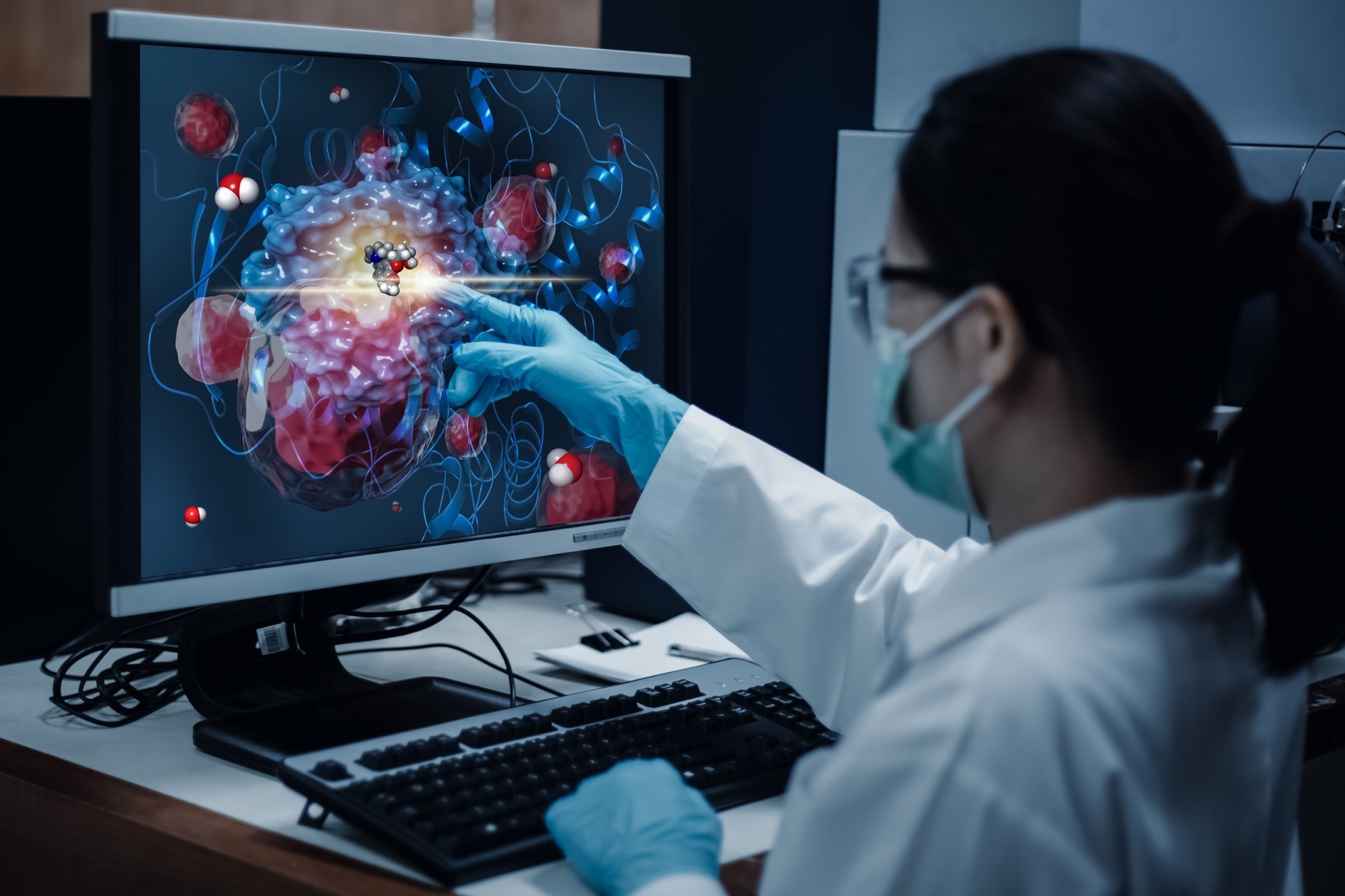With the advent of extensive 3D biology studies, we are at a pivotal moment in transitioning from 2D biology-based research to more accurate and reliable 3D models.

Image Credit: S. Singha/Shutterstock.com
The shift towards utilizing complex organ-like structures developed from stem cells or tissue samples is becoming essential; these organoid models are leading the way to next-generation, animal-free research methodologies.
Organoids show significant potential in various applications, including disease modeling, drug discovery and development, personalized medicine, cell biology processes, and genetic disease research. In the field of cancer research, there is particular interest in patient-derived organoids (PDOs), which are created using cells sourced from patient-derived samples such as biopsies and surgical resections.
Tumor heterogeneity and genetic variations within tumors challenge drug treatment strategies and often require multiple lines of therapy, which can lead to the development of resistant cell populations.
While several traditional in vitro assays exist for drug response studies, there is a growing need for improved combinations of 3D models, biological handling systems, and assays to better capture the complexity of in vivo conditions.
These improvements should address common pain points such as timely handling of complex 3D models, scaling up workflows, automating assay steps, enhancing data acquisition, and enabling deeper analysis for therapeutic drug discovery.
In this article, colorectal cancer (CRC) organoids were chosen as the model system for drug response studies, using established anti-cancer compounds to evaluate the effectiveness of robotics-based assay development.
The BioAssemblyBot® 400 (BAB400) was utilized to automate CRC dome assays, allowing for standardized processing and uniform distribution of patient-derived CRC organoids. The organoids were cultured and treated over a six-day period, during which an image-based endpoint assay was conducted to analyze drug responses.
The BAB400 pipette hand was employed to dispense organoids into Matrigel® domes. Subsequently, organoid cultures were monitored over a six-day period through imaging for time-course observation and endpoint assays.
Download the full app note
Acknowledgments
Produced from material originally authored by Prathyushakrishna Macha, Oksana Sirenko, Jay Hoying and Angeline Lim from Molecular Devices.
About Molecular Devices UK Ltd 
Molecular Devices is one of the world’s leading providers of high-performance life science technology. We make advanced scientific discovery possible for academia, pharma, and biotech customers with platforms for high-throughput screening, genomic and cellular analysis, colony selection and microplate detection. From cancer to COVID-19, we've contributed to scientific breakthroughs described in over 230,000 peer-reviewed publications.
Over 160,000 of our innovative solutions are incorporated into laboratories worldwide, enabling scientists to improve productivity and effectiveness – ultimately accelerating research and the development of new therapeutics. Molecular Devices is headquartered in Silicon Valley, Calif., with best-in-class teams around the globe. Over 1,000 associates are guided by our diverse leadership team and female president that prioritize a culture of collaboration, engagement, diversity, and inclusion.
To learn more about how Molecular Devices helps fast-track scientific discovery, visit www.moleculardevices.com.
Sponsored Content Policy: News-Medical.net publishes articles and related content that may be derived from sources where we have existing commercial relationships, provided such content adds value to the core editorial ethos of News-Medical.Net which is to educate and inform site visitors interested in medical research, science, medical devices and treatments.